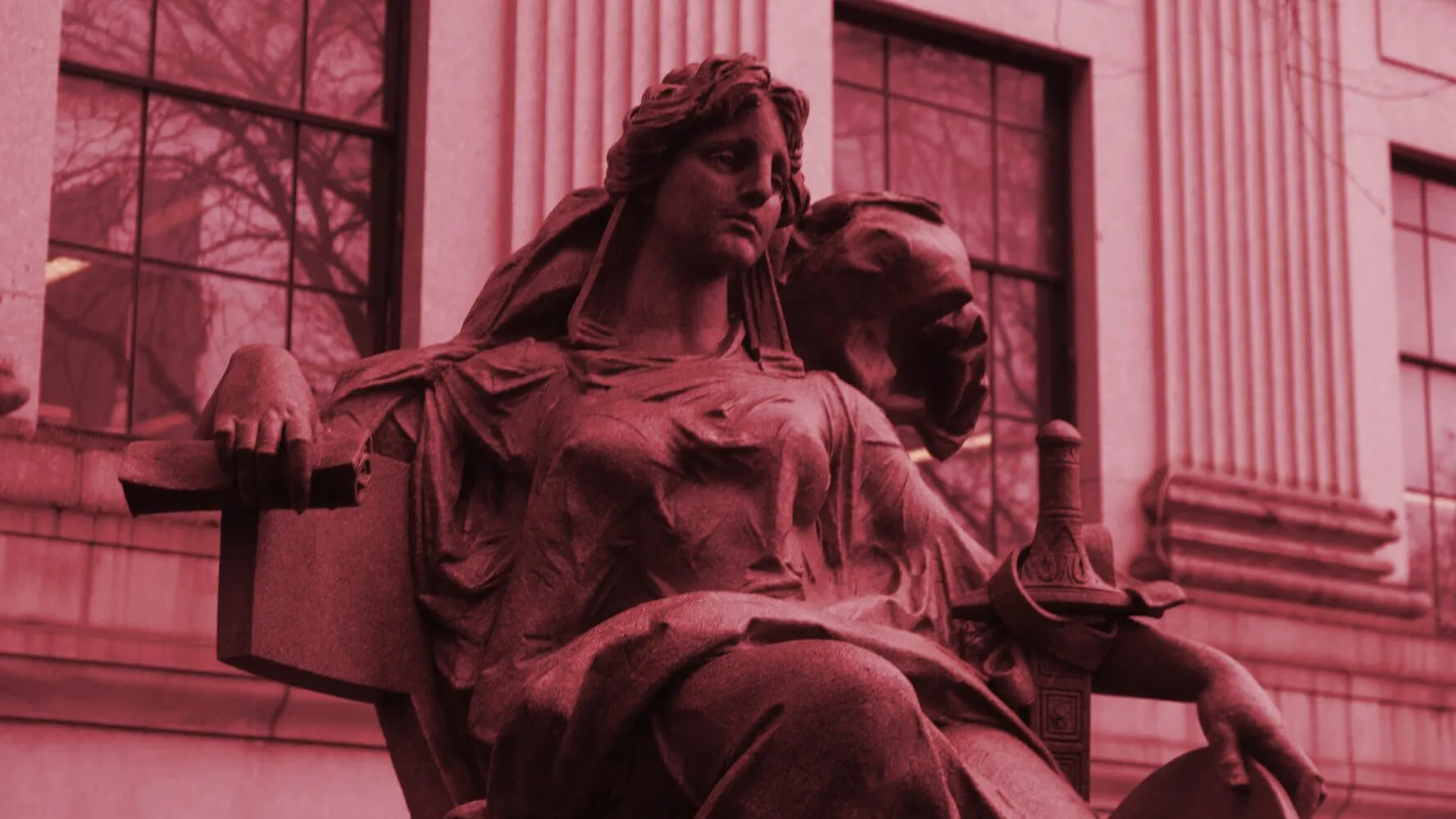The U.S. Trustee in FTX’s bankruptcy case pushed back against a recent court order by Judge John Dorsey Monday, filing an appeal against the judge’s decision not to appoint an independent examiner to look into the bankrupt exchange’s collapse.
Previously, a motion made by the U.S. Trustee—who was selected by the Department of Justice to maintain the integrity of FTX’s bankruptcy proceeding—was denied. In February, Judge Dorsey said appointing an independent examiner “would create an increased risk of further loss through inadvertent disclosures or hacking.”
The judge also noted that appointing an independent examiner would draw on funds that could potentially be delivered back to creditors, who are owed billions of dollars following FTX’s collapse last November. He estimated an investigation could cost more than $100 million, a bill that would be footed by FTX’s debtors.
The motion to appoint an examiner was initially filed by the U.S. Trustee last December, who argued that the “extraordinary” nature of FTX’s collapse warranted an independent investigation, similar to proceedings related to the collapse of firms like Lehman Brothers and Washington Mutual Bank.
“The questions at stake here are simply too large and too important to be left to an internal investigation,” the U.S. Trustee wrote, adding an “examiner would be able to act as a true neutral as to all affected parties.”
When FTX entered Chapter 11 bankruptcy last November following a run on the exchange that revealed it did not hold one-to-one reserves of customer assets, founder and then-CEO Sam Bankman-Fried stepped down and was replaced by John Jay Ray III.
During a hearing last month, Ray III testified that examiner’s reports had not been helpful in previous bankruptcy proceedings he’d overseen—Enron and Residential Capital—calling them “somewhat ambivalent” in terms of drawing conclusions.
The committee of unsecured creditors and FTX itself had objected to the U.S. Trustee’s motion, saying it would duplicate much of the work that had been done under the guidance of Ray.
James Bromley, an FTX attorney, argued that the U.S. Trustee’s Office was overlooking security concerns inherent in investigating the company’s financials, which could potentially put assets at risk or lead them to go missing.
“With all due respect, the U.S. Trustee's Office views this as if we have a warehouse full of sacks of potatoes,” he said. “We do not. We have a virtual environment that is filled with code and even looking at that code puts it at risk.”
Before it was denied, the motion had the support of multiple securities regulators from at least 17 states, including Florida, California, and Illinois as well as Washington D.C.

